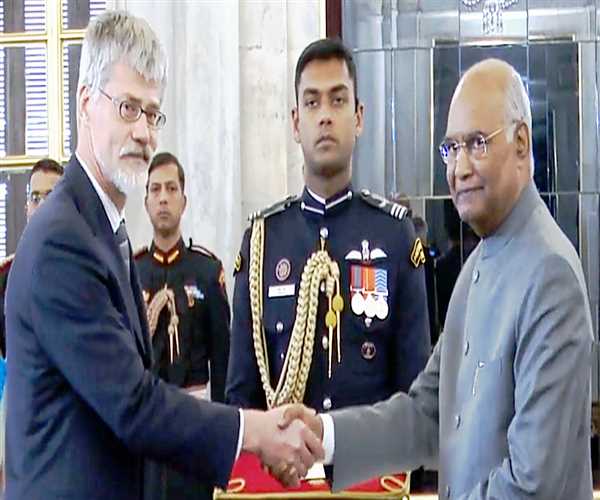The President of India is the head of state and government. The president is elected by an electoral college that is elected to represent the people of India.
A few things you should know about the President of India:
- The president is directly elected by a majority of the members of parliament.
- The president has very broad powers and can act without consulting any other body.
- The president appoints the prime minister, who then selects members of his cabinet from amongst those members of parliament who have been appointed to the cabinet. The prime minister also has the power to dissolve parliament at will and call for fresh elections.
The president has a number of powers, including appointing members of the cabinet, dissolving Parliament, and declaring national emergencies. However, it should be noted that under Indian law, no one else can arrest the president unless they have been charged with a criminal offense themselves.
PART XIX: Miscellaneous - The constitution's Section 361(3) answers your question. 361. Security for the President, Governors, and Rajpramukhs
No process for the arrest or imprisonment of the President, or the Governor of a State, shall issue from any court during his term of office.
